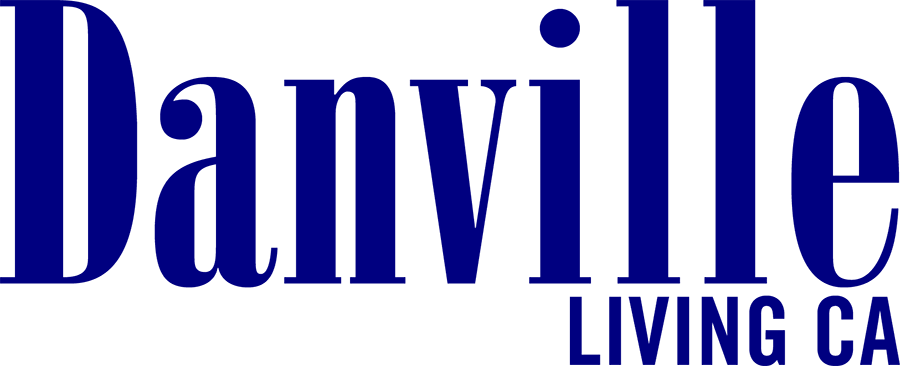Hi, I’m David Meyer from Community Bank of the Bay’s Danville office.
Entrepreneurship is a goal for millions of people each year. Strike up a conversation with just about anyone, and one of their first questions about starting a business is: how to find the funding to start a small business? And it’s an extremely valid question. Roughly 30% of small businesses fail because they run out of money. If you are thinking about starting a new business, planning ahead for startup capital is crucial.
It won’t come as a surprise that starting a business requires some amount of upfront capital to cover initial setup costs. However, many business owners will not consider their own labor and materials when starting, so make sure you are factoring those items in when looking at numbers and projecting what funding you might be seeking.
Create a list of financial costs you know about. This list can include items such as:
Registration fees for business licenses with state and local offices. Depending on where you live, your business license could be $100 per year.
Supplies and materials. Do you need a new computer, phone, etc., or other materials to start?
Courses, education, certifications and licensing. Many industries require a certification or license to perform the work. If this applies to you, make sure you follow all laws and regulations and obtain these.
Software and back-end office management. Research the software and online services (e.g., accounting, contracts, customer relationship manager (CRM), email marketing, social media, graphic design, etc.) you may need on a monthly or annual basis to streamline your business.
Once you’ve decided on the amount of start up funds you will need, start thinking about the different sources of financing available. There are various avenues for obtaining funding for new businesses including: self-funding, small loans from family and friends, private backing from investors, and traditional business loans. Each has different requirements for applying and paying down. There are benefits and risks to each, and small business owners should do their own research before deciding which is best for them.
Self-Fund
Support from family and friends
By using your savings, selling investments, or drawing from retirement accounts
Borrow
Low-interest small business bank loans such as from Community Bank of the Bay
SBA (Small Business Administration) loans such as SBA 7(a) loans, SBA 504 loans, or SBA Microloans which are capped at $50,000.
Grants
While the Paycheck Protection Program (PPP) officially ended in 2021, there are government grants available. Funding can come from:
State and regional government agencies offer grants for underrepresented communities who systematically have a more challenging time accessing funding (contact your local Small Business Development Center)
Federal agencies offer grants through various small business programs (research grants on Grants.gov or USA. gov)
Starting a new small business is no easy task. Finding the right type of financing for your small business shouldn’t be. If you’re starting a new business and want to learn more about financing options, contact me, David Meyer, at 925-838-2902 or learn more at https://www.bankcbb.com/ business/loans.
By David Meyer, Community Bank of the Bay

